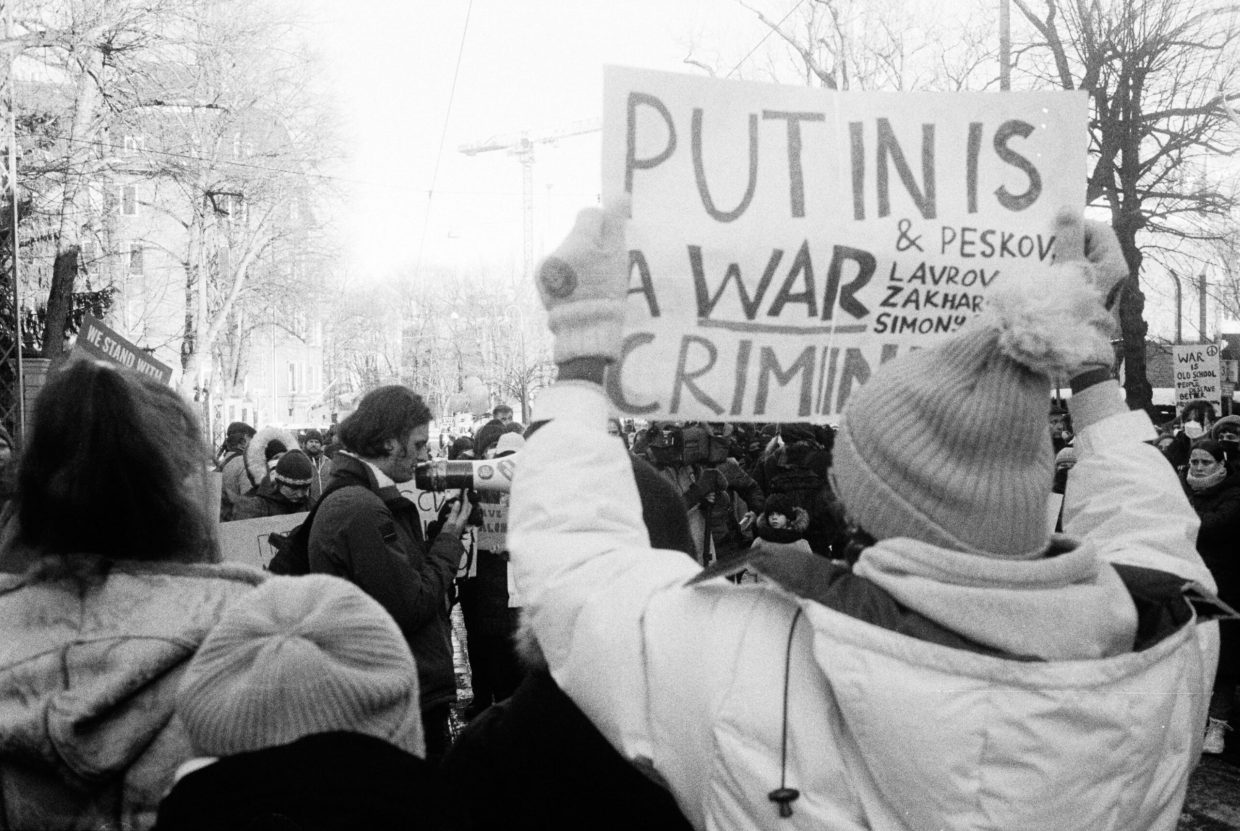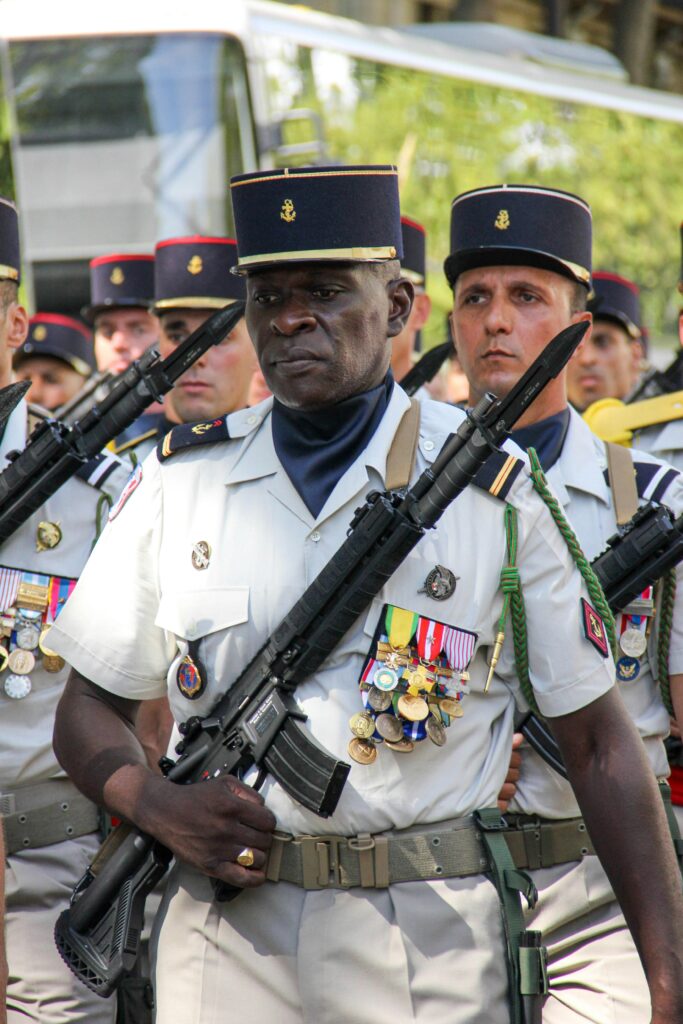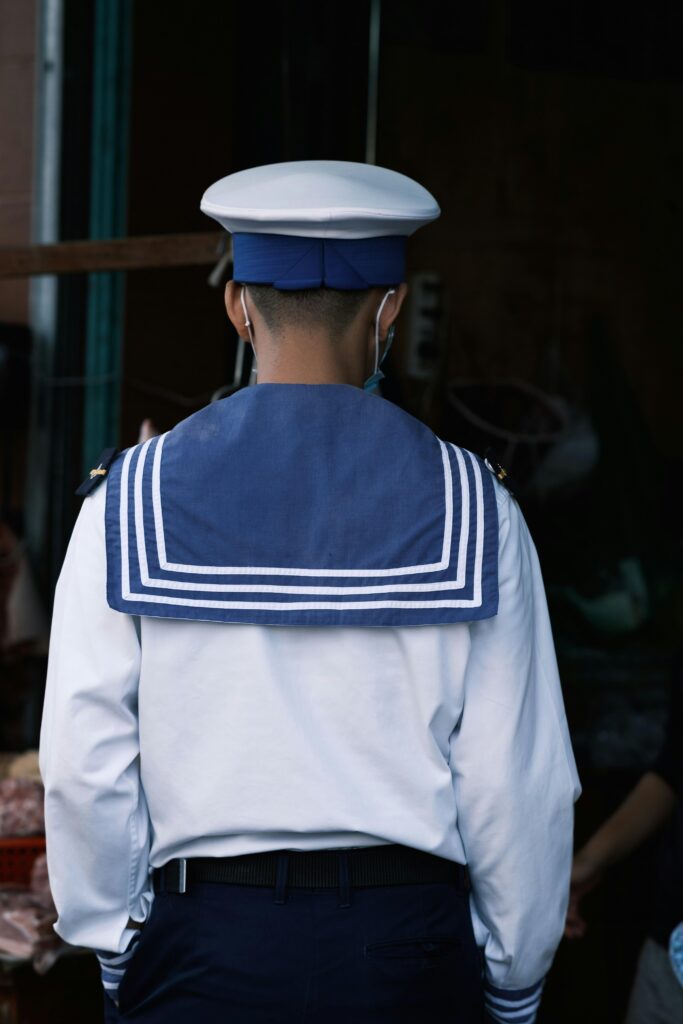In a world where the fog of conflict often obscures the truth, whistleblowers emerge as courageous beacons, shining a light on hidden war crimes that governments and militaries might prefer to keep buried. These unsung heroes risk everything—from careers to personal safety—to expose atrocities that would otherwise remain in the shadows. This article dives deep into the vital role whistleblowers play in uncovering grim realities on global battlegrounds, revealing the challenges they face and the profound impact their revelations have on justice and accountability worldwide.
Table of Contents
- The Crucial Role of Whistleblowers in Exposing War Crimes
- Methods and Challenges in Gathering Evidence from the Frontlines
- Legal Protections and Risks Faced by Whistleblowers in Conflict Zones
- Strategies for Supporting and Amplifying Whistleblower Testimonies Globally
- Wrapping Up
The Crucial Role of Whistleblowers in Exposing War Crimes
Whistleblowers serve as a vital lifeline in revealing the harrowing realities of covert war crimes that would otherwise remain buried under layers of official silence and propaganda. These courageous individuals risk everything—personal safety, careers, and sometimes even their lives—to bring hidden atrocities into the public eye. Their actions ignite crucial investigations, spark media outrage, and often prompt international humanitarian responses. Without their insider testimony and documentary evidence, the true human cost of conflict might never reach global awareness, allowing perpetrators to evade accountability and justice.
Key contributions of whistleblowers include:
- Unveiling concealed operations: Providing firsthand data and classified information that expose unlawful military actions and violations.
- Challenging official narratives: Offering alternative perspectives that question government and military assertions, encouraging transparency.
- Mobilizing global advocacy: Empowering NGOs, journalists, and international bodies to demand justice and support survivors.
Their bravery underscores the indispensable role of truth-tellers in the complex battle for human rights during wartime—reminding us that justice often hinges on those willing to speak when others only watch in silence.
Methods and Challenges in Gathering Evidence from the Frontlines
Collecting credible evidence from conflict zones demands a blend of daring, discretion, and technical expertise. Whistleblowers often rely on an array of unconventional methods—ranging from encrypted messaging apps to covert photography and satellite imagery—to document atrocities without exposing themselves or their sources. Digital footprints play a crucial role: metadata embedded in images and videos can corroborate the when and where of incidents, while eyewitness testimonies gathered discreetly add layers of authenticity. Often, these efforts involve collaboration with NGOs, journalists, and legal experts to ensure the gathered information stands up to international scrutiny.
However, the path to truth is riddled with formidable challenges. Frontline environments are inherently volatile, making physical evidence vulnerable to destruction or manipulation. Whistleblowers face constant threats of retaliation, legal persecution, and psychological pressure designed to silence them. Additionally, misinformation campaigns and propaganda attempts muddy the waters, requiring painstaking verification to filter fact from fiction. Despite these obstacles, the resilience and ingenuity of those who dare to expose human rights violations remain pivotal in holding perpetrators accountable on the global stage.
Legal Protections and Risks Faced by Whistleblowers in Conflict Zones
Whistleblowers operating in conflict zones navigate a perilous landscape where legal safeguards are often limited or non-existent. International laws, such as the UN Convention against Torture and various war crimes statutes, offer some protection, but enforcement remains inconsistent due to jurisdictional complexities and political interests. Many whistleblowers find themselves caught between military secrecy and local legal systems that may be hostile or indifferent to their disclosures. This precarious position forces them to rely heavily on international human rights organizations and advocacy groups to amplify their warnings and provide a protective shield, albeit an imperfect one.
The risks they confront are as harrowing as the truths they unveil. Beyond threats of reprisal, whistleblowers in war zones face potential imprisonment, violent retaliation, and social ostracism. Their families often bear collateral damage, subjected to intimidation or worse. Despite the dangers, many willingly expose atrocities such as unlawful detentions, torture, and targeted killings, driven by a profound sense of justice. Support networks emphasize crucial elements for safeguarding these brave individuals including:
- Anonymous communication channels to protect identities
- Legal counsel specializing in international humanitarian law
- Evacuation protocols and safe havens facilitated by NGOs
- Psychological support to handle trauma and stress
Strategies for Supporting and Amplifying Whistleblower Testimonies Globally
To ensure that whistleblower testimonies resonate across borders and galvanize international action, it is vital to establish robust support systems. This includes legal protections that shield whistleblowers from retaliation, enabling them to speak out without fear. Equally important is the creation of secure communication channels, where sensitive information can be shared confidentially and verified by trusted organizations. International coalitions and NGOs must prioritize capacity-building efforts in vulnerable regions, empowering local actors who often face the greatest risks. Structured networks of support provide a lifeline, transforming isolated revelations into comprehensive narratives that expose war crimes on a global stage.
Amplification of these courageous voices relies heavily on strategic media engagement and technological innovation. Collaborations with investigative journalists and human rights platforms bring whistleblower accounts to wider audiences, fostering awareness and pressure for accountability. Utilizing encrypted digital tools and decentralized data repositories ensures the integrity and accessibility of evidence even under oppressive regimes. Some effective measures include:
- Training whistleblowers in digital security practices
- Partnering with independent media outlets for investigative reporting
- Launching global awareness campaigns to rally public support
- Creating multilingual platforms to transcend language barriers
Wrapping Up
In a world where many atrocities remain shrouded in secrecy, whistleblowers stand as vital beacons of truth. Their courage to expose hidden war crimes not only brings justice to victims but also holds perpetrators accountable on the global stage. As we continue to rely on these brave individuals, it’s crucial to support protections that encourage transparency and safeguard those who risk everything to reveal the darkest chapters of conflict. Ultimately, shining a light on war crimes is a collective responsibility—one that demands vigilance, empathy, and an unwavering commitment to human rights.













